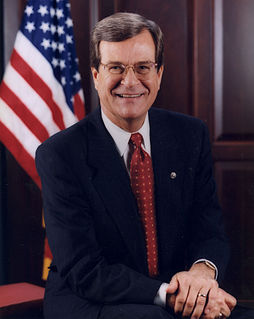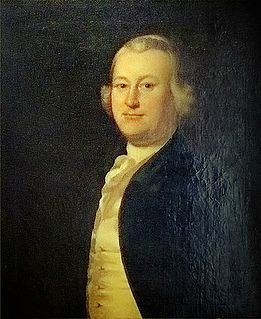A Quote by Noah Webster
The minds of youth are perpetually led to the history of Greece and Rime or to Great Britain; Boys are constantly repeating the declamations of Demosthenes and Cicero, or debates upon some political question in the British Parliament.
Related Quotes
The greatest and truest models for all oratorsis Demosthenes. One who has not studied deeply and constantly all the great speeches of the great Athenian, is not prepared to speak in public. Only as the constant companion of Demosthenes, Burke, Fox, Canning and Webster, can we hope to become orators.
Every British Subject born on the continent of America, or in any other of the British dominions, is by the law of God and nature, by the common law, and by act of parliament, (exclusive of all charters from the crown) entitled to all the natural, essential, inherent and inseparable rights of our fellow subjects in Great- Britain.
The great theme of modern British history is the fate of freedom. The 18th century inherits, after the Civil War, this very peculiar political animal. It's not a democracy, but it's not a tyranny. It's not like the rest of the world, the rest of Europe. There is a parliament, laws have to be made, elections are made.
Clement Attlee, the man who led us out of the rubble of the Second World War and into a more modern, egalitarian Britain, is one of this country's greatest Prime Ministers. One major reason for this is that he was better able to recognise the wants and needs of the British people than some of his more polished political contemporaries.
'A Naval History of Britain' which begins in the 7th century has to explain what it means by Britain. My meaning is simply the British Isles as a whole, but not any particular nation or state or our own day... 'Britain' is not a perfect word for this purpose, but 'Britain and Ireland' would be both cumbersome and misleading, implying an equality of treatment which is not possible. Ireland and the Irish figure often in this book, but Irish naval history, in the sense of the history of Irish fleets, is largely a history of what might have been rather than what actually happened.
?here's no doubt at all that the Norman conquest led to the hugely concentrated land ownership patterns that we still see in Britain today. Some of Britain's biggest landowners are still direct descendants of Norman barons. And given the impact that Britain has had on the world over the past few hundred years, you could perhaps say this was a global issue. History is always with us.
I have no idea what a British sensibility or a British sense of humor is. I have no concept of what that is. I have no concept of what American sensibility is. I was born in Great Britain, but I was only there for six months, and we moved to Belgium, where I grew up. I love Britain, I lived there for nine years doing shows and things, but I don't know what a British sensibility is. I'd like to have someone tell me what an American sensibility is.
I had carefully read the Balfour Declaration. I had familiarized myself with the history of the question of a Jewish homeland and the position of the British and the Arabs. I was skeptical, as I read over the whole record up to date, about some of the views and attitudes assumed by the 'striped-pants boys' in the State Department.
In Britain, British history is naturally a mainstream subject. Step outside your own narrow specialism, and you can find yourself treading on someone else's toes. But in America, British history is an eccentric, minority pursuit, and while this can be intellectually isolating, it also permits extraordinary freedom.
When the resolution of enslaving America was formed in Great Britain, the British parliament was advised by an artful man [Sir William Keith], who was governor of Pennsylvania, to disarm the people. That it was the best and most effectual way to enslave them. But that they should not do it openly; but to weaken them and let them sink gradually, by totally disusing and neglecting the militia.






































